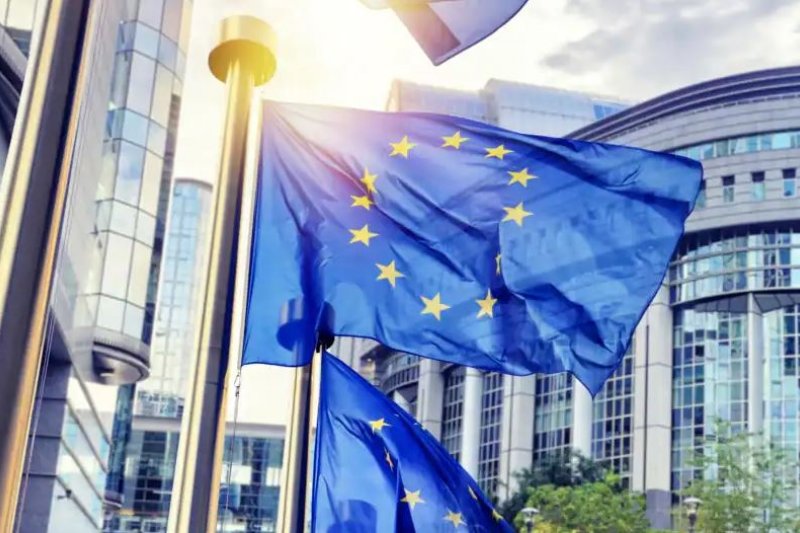EP Members Criticize Election Process in Serbia
Many members of the European Parliament have expressed harsh remarks and criticisms about the election process that was held in Serbia in December of last year and about the developments even after these elections.
The political situation in Serbia was discussed on January 23 in the Foreign Policy Committee of the European Parliament. Representatives of the European Commission and the EU External Action Service (EEAS) also spoke there. They also said that the parliamentary, local and provincial elections in Serbia, which were held on December 17, were not held under equal conditions.
Deputy Managing Director Marko Makovec, speaking on behalf of the EEAS, recalled the joint statement given by High Representative Josep Borrell and Enlargement Commissioner Oliver Varhelyi that they are concerned about some issues that need to be investigated and are addressed and that reforms are necessary.
Makovec said that the rule of law remains at the center of Serbia's EU membership process. He recalled that Serbia must implement all the agreements reached in the dialogue for the normalization of relations with Kosovo, which is mediated by the European bloc.
"The year 2023 was a year with mixed developments in the process of normalizing relations between Kosovo and Serbia. We saw serious escalations, attacks on KFOR soldiers in May and violent attacks in Banjska on September 24. But we also saw progress in some areas", he said, underlining that the year 2023 ended with some positive steps, such as the issue of car license plates and that of energy.
However, Makovec found that according to the EU's assessment, regarding the situation in the north of Kosovo, inhabited by a majority of Serbs, there has been no progress as expected.
"The implementation of the agreement through dialogue, without delays and without preconditions, remains a clear condition. "Everyone should refrain from unilateral actions that could incite tensions," he stressed.
Makovec also stated that there should be responsibility for the attack in Banjska of Zveçani.
On September 24, an armed group of Serbs attacked the Kosovo police, killing a sergeant. Three Serbian attackers were also killed during the clashes. The responsibility for the attack was taken by Millan Radoicic, former vice-chair of Serb List, the main party of Serbs in Kosovo that enjoys the support of Belgrade.
Kosovo has blamed Serbia for the attack, but Belgrade has denied having a hand in it.
Makovec said that Serbia also needs to adapt its foreign policy to that of the EU and the non-adjustment, regarding the imposition of sanctions against Russia due to the invasion of Ukraine, has already produced consequences for Serbia's European integration process. He also emphasized that Serbia is continuing its close cooperation with Serbia.
David Muller from the European Commission said that he expects Serbia to implement all the remarks regarding the election process, which will be part of the report of the election observation mission of the Organization for Security and Cooperation in Europe. He also expressed regret that Serbia has not taken steps forward in the process of membership negotiations with the EU.
"I want to say that ten years have passed since we opened membership negotiations with Serbia. But, the last step was in 2021. Serbia is cooperating with the EU in activities to prevent the evasion of sanctions by Russia. But the fact that Serbia has not adapted to the sanctions against Russia is a serious obstacle," he said.
Several MEPs said that the European Parliament's election observation delegation in Serbia witnessed manipulations in the elections, and when this delegation reported the irregularities, it was verbally attacked by the President of Serbia, Aleksandar Vucic, and the Serbian Government. European lawmakers asked the European Commission and the EU's diplomatic service to condemn such attacks.













